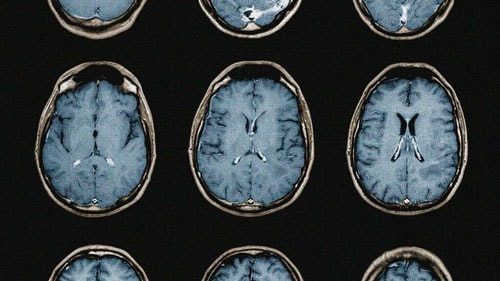SCIENTISTS have found no trace of SARS-CoV-2 in the brains of people with the infection. However, they have observed blood vessel damage caused by the body’s inflammatory response in the post-mortem brains of patients who tested positive for the virus, which suggests the virus may indirectly attack the organ.
The scientific advances researchers made this past year have helped tremendously in learning about the new coronavirus that first appeared in Wuhan, China.
Initially, Covid-19 was characterized by fever, sore throat, cough, and dyspnea, all manifestations of a respiratory illness.
However, a spectrum of other clinical manifestations, including headaches, abdominal pain, diarrhea, and loss of taste and smell, have been reported. Researchers also now have evidence of the novel coronavirus damaging the heart, creating blood clots, and causing gastrointestinal issues.
While the pandemic has disproportionally affected older adults and people with preexisting health conditions, younger adults are not immune.
Stay informed with live updates on the current Covid-19 outbreak and visit our coronavirus hub for more advice on prevention and treatment.
Earlier this year, reports showed that younger adults who contracted the new coronavirus exhibited more neurological symptoms, including mental confusion, headaches, dizziness, uncoordinated muscle movements, seizures, and a rise in the risk of stroke.
These are but a few examples of how much we have learned and how much we are yet to learn in order to fully understand the SARS-CoV-2 virus. Now, new research suggests that the virus may also cause brain vessel injury.
The research authors published their findings as a correspondence article in the New England Journal of Medicine.
The study was conducted by researchers from the National Institute of Neurological Disorders and Stroke (NINDS) in Bethesda, MD, and other institutions across the United States.
They examined post-mortem brain tissue samples from 16 patients in New York City and from three patients in Iowa City who had died between March and July 2020 and tested positive for Covid-19 before or after death.
Patients ranged in age from 5 to 73 years, and their medical history commonly showed preexisting conditions, including obesity, heart disease or high blood pressure, and diabetes. Before death, treatment was mainly geared toward respiratory infection, and only two patients exhibited agitated delirium.










